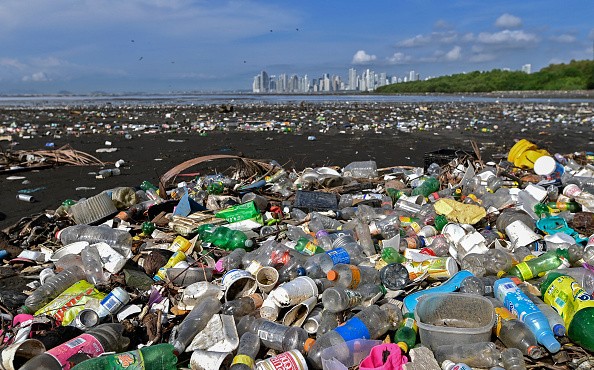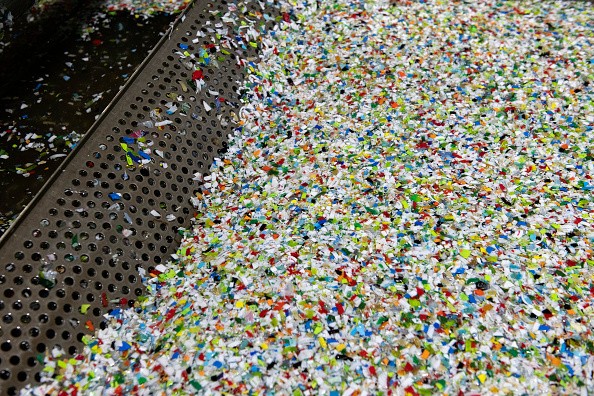For the first time, scientists concluded that the amount of man-made chemical and plastic waste all over the world has surpassed the supposed limits considered safe for humanity or the planet. This has led to the immediate need for production caps.

Plastic and Chemical Pollution
More than three hundred thousand different synthetic chemicals are sold on the market, and a significant portion of that quantity ends up in the environment as waste, according to Phys.org.
Co-author Bethanie Carney Almroth told AFP that the repercussions researchers are starting to observe today are substantial enough to be influencing fundamental processes of the planet Earth and its systems, she said in an interview.
Prior to a UN summit in Nairobi on fighting plastic pollution from source to sea, UN Environment Program head Inger Andersen said Monday, the Stockholm Resilience Centre has released an assessment of the current state of plastic pollution.
Ecosystems already under stress are being exacerbated by the addition of chemicals and plastics. In the same way that pesticides kill everything in their path, living creatures swallow plastics. Animal growth, metabolism, and reproduction can be disrupted by plastic pollutants, Carney Almroth said.
These compounds must be prevented from being discharged into the environment and scientists are increasingly pressing for more radical remedies, such as production quotas.
Also Read : Microplastics Linger in Rivers for Years Before Polluting Oceans, Reveals Alarming Research
Impact of Man-made Chemical Products
It's disappointing that recycling hasn't been more successful so far. Even though global plastic output has doubled to 367 million metric tons since 2000, only 10% of that material is being recycled at this time.
Recent studies cited in Japan Times show that the weight of plastic on Earth has surpassed that of all living organisms by a factor of four.
"What we're trying to say is that maybe we have to say, 'Enough is enough'. Maybe we can't tolerate more," the Sweden-based researcher stated.
Global warming, freshwater use, and the ozone layer are just a few of the many factors that the Stockholm Resilience Centre has been researching for several years.
If the limitations are being surpassed and the planet's future is in jeopardy, the goal is to assess if humans are working in a safe operating space.
Novel entities-man-made chemical compounds such as plastics, antibiotics, and pesticides have long been a source of debate over their long-term effects on the environment, as per Eagle News.
A large-scale, long-term consequence of these exposures is still unknown, according to Carney Almroth. It's not just the number of these items that's a problem, but the lack of information about the dangers they pose.
In addition, the compounds have only been around for about 70 years on average. In terms of production or stability, researchers don't know much about the vast majority of those. Most product inventories, like the EU's REACH database, only include 150,000 items and have had only a third of those items subjected to thorough toxicity testing.

What Could be the Solution to Plastic and Chemical Pollution?
Researchers concentrated on what was already known, and the incomplete data they had was enough to derive a startling conclusion.
"Looking at changes over time and trends in production volumes lost in the environment ... and connecting that to the little bit we do know about impacts, we could say that every arrow is pointing in the wrong direction", Carney Almroth said.
Since many of these chemicals and materials are things humans use and depend on in our daily lives, there isn't going to be a single solution, she explained. Production levels need to be reduced regardless of how much effort is put into the production or waste management stages, she said.
Despite the obviousness of this statement, it has only recently been accepted as a fact.
Related Article : Alarming Report Considers Plastic Pollution as a Planetary Emergency
For more news, updates about pollution and similar topics don't forget to follow Nature World News!
© 2025 NatureWorldNews.com All rights reserved. Do not reproduce without permission.





